Urine Routine Examination Test
146+ booked in last 3 daysUrine Routine Test Overview
A urine routine test is a regular test that the doctor may order for you. It helps diagnose certain diseases and is almost always ordered when you present yourself with a fever.
An infection in urinary tract i.e., bladder, urethra, ureter or kidneys can result from various causes. Commonest being bacterial infections. Symptoms of urinary tract infection (UTI) include frequent urination, pain & burning sensation during urination, inability to evacuate bladder fully, blood in urine and in females pelvic pain. An infection in the kidney may lead to back or side pain and high grade fever. The test is useful to detect any abnormalities in the urine.
Total tests included : Tests for multiple parameters.
Written by : Dr.Shibani R Medical Writer Medical Affairs
Urine Routine Examination Test Price
Metropolis Healthcare is a leading diagnostics centre and pathology lab in India equipped with the latest state-of-the-art technologies that provides the Urine Routine Examination Test with a clear pricing structure.
The Urine Routine Examination Test Price in Mumbai is ₹ 180 .
We are committed to deliver accurate and quality results from the best labs in India with complete transparency regarding test cost and turnaround time. No matter where you are, we strive to offer patients high-quality service that is affordable and accessible.
Frequently Asked Questions
A urine routine test give information about several conditions such as Hematuria; associated with Kidney Stones, Pyuria; associated with urinary infections or Eosinophilia; associated with nephritis and other diseases. Presence of Red Blood Cells, White Blood Cells or Pus cells can give details on a variety of diseases. Your doctor will be able to guide you based on symptoms presented.
Your doctor may recommend urine routine test for you if he thinks that you have a urinal tract infectior or kidney disease. The symptoms include:
- Abdominal pain
- Back pain
- Frequent painful urination
The kidneys are vital organs in the body and do the function of blood purification by clearing wastes and eliminating it from the body in form of urine. The urine contains many different types of wastes produced by the body and several abnormalities can be analysed by examining urine. What we eat, what we drink, and level of physical activity can affect how kidneys function and what is excreted in the urine.
A Routine Urine Examination includes 3 types of Analysis
- Physical Examination which records the Quantity, Colour, Deposit, Appearance, pH and Specific Gravity
- Chemical Examination records the presence of Proteins, Sugar, Ketone, Occult Blood, Bile Pigment, Bile Salts, Urobilinogen
- Microscopic Examination records the presence of Red Blood Cells, Pus Cells, Epithelial Cells, Crystals, Microbes etc.
This test is done to detect any abnormalities in urine due to diabetes, renal damage, UTI. The symptoms include frequent urination, pain & burning sensation during urination, inability to evacuate bladder fully, blood in urine and in females pelvic pain. An infection in the kidney may lead to back or side pain and high grade fever.
This test detects any abnormalities in urine like pus cells, bacteria, RBCs, glucose, proteins etc in urine.
This test requires a urine sample. Patient will be explained how to collect mid-stream urine sample in a sterile container.
Based on the abnormalities in each parameter, further tests may be recommended.
If high level of pus cells and bacteria are present, it indicates Urinary tract infection [UTI]. Further culture and sensitivity testing may be required.
Presence of glucose, ketones or proteins indicates further tests for diabetes or kidney diseases.
Ratings & Reviews (0)
Why Metropolis?
Metropolis has a team of 200 senior pathologists and over 2000 technicians delivering diagnostic solutions in the areas of routine, semi specialty and super specialty domains like Oncology, Neurology, Gynaecology, Nephrology and many more.
We offer a comprehensive range of 4000+ clinical laboratory tests and profiles, which are used for prediction, early detection, diagnostic screening, confirmation and/or monitoring of the disease.
 Home Visit
Home Visit Upload
Upload




.png)



























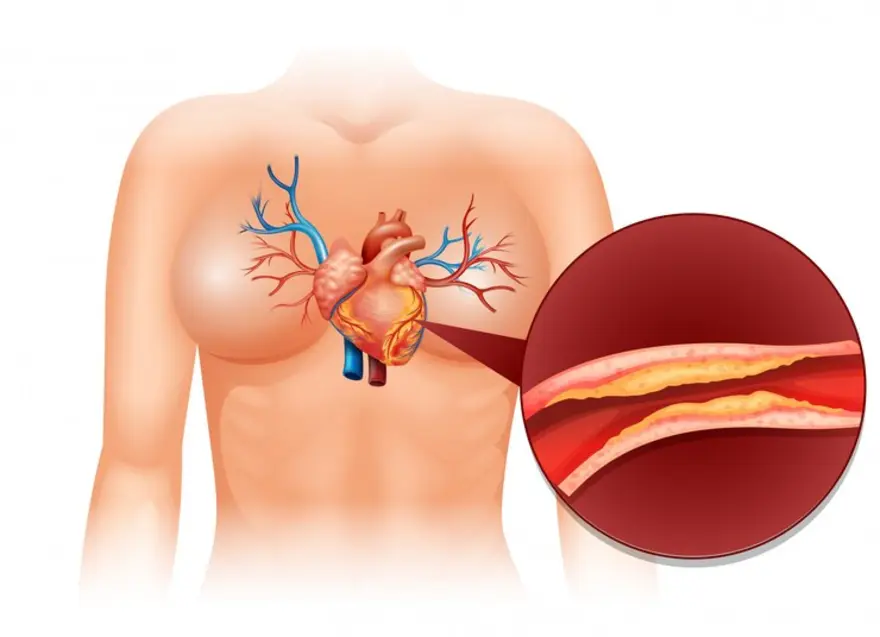






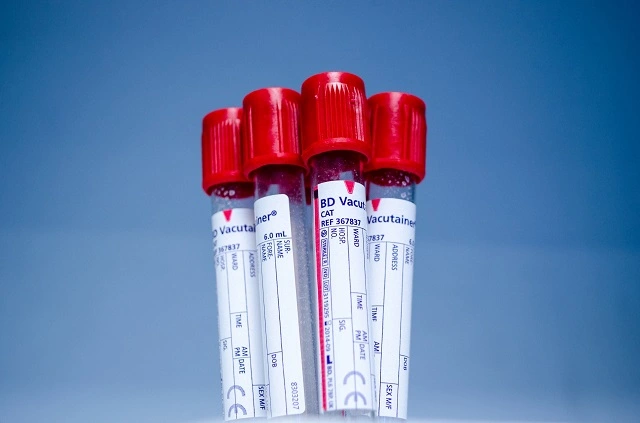






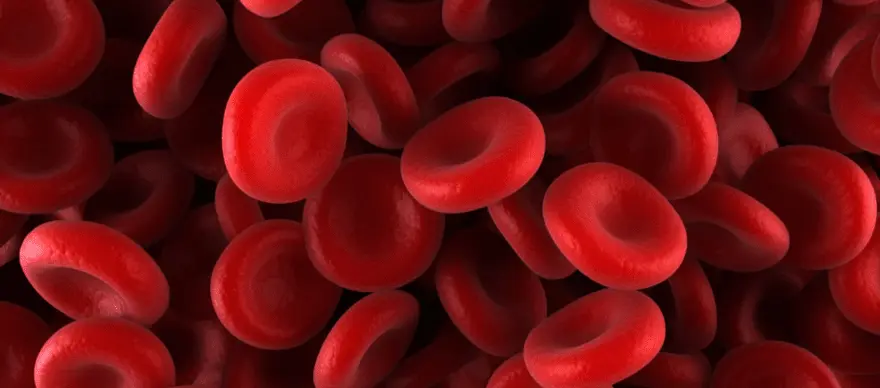



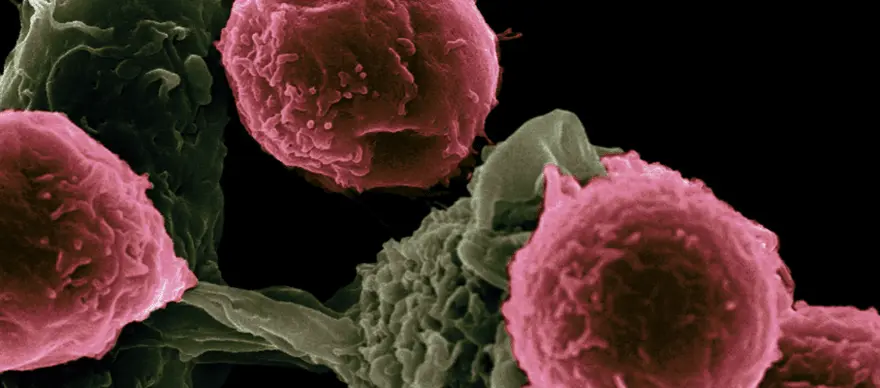

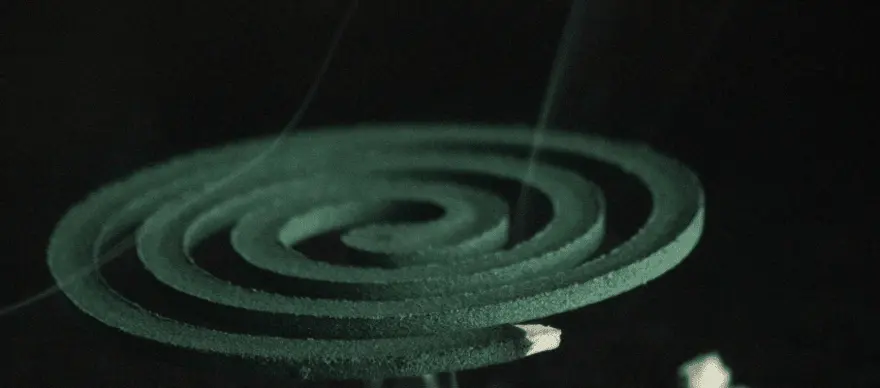

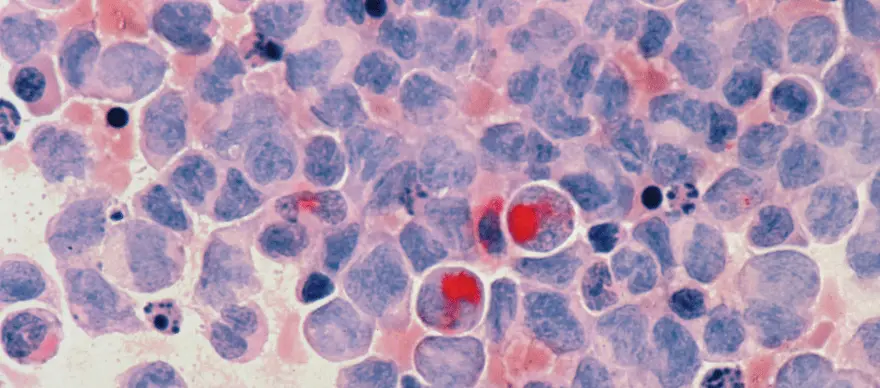










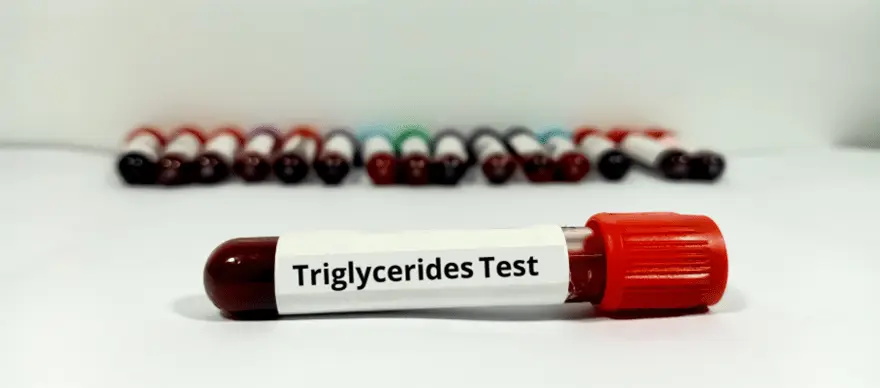
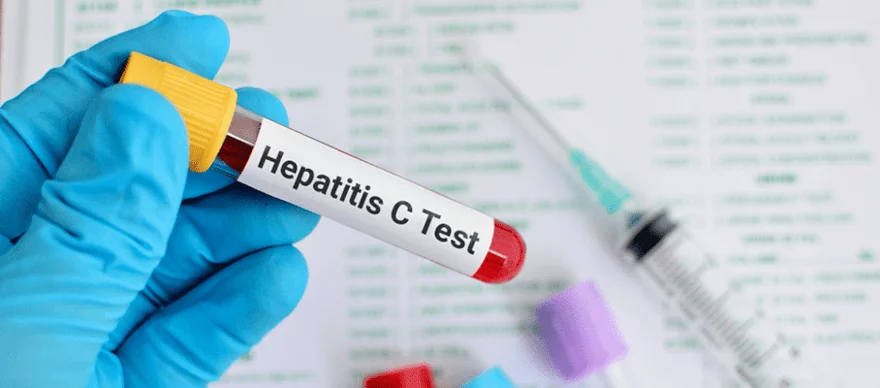




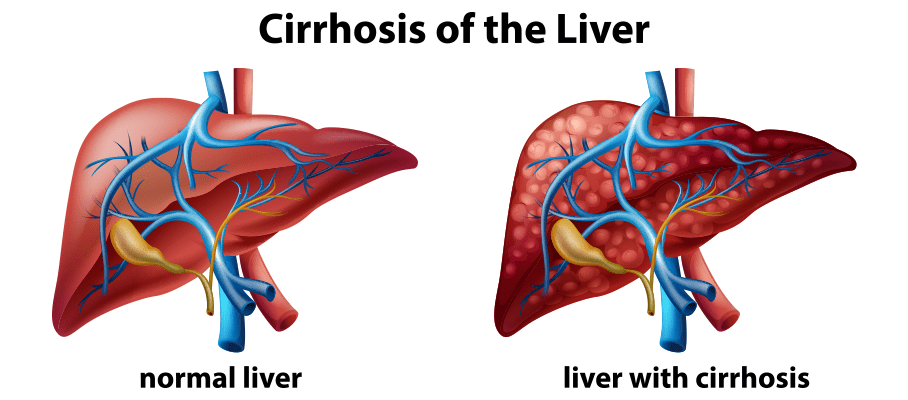



1707898101.webp)


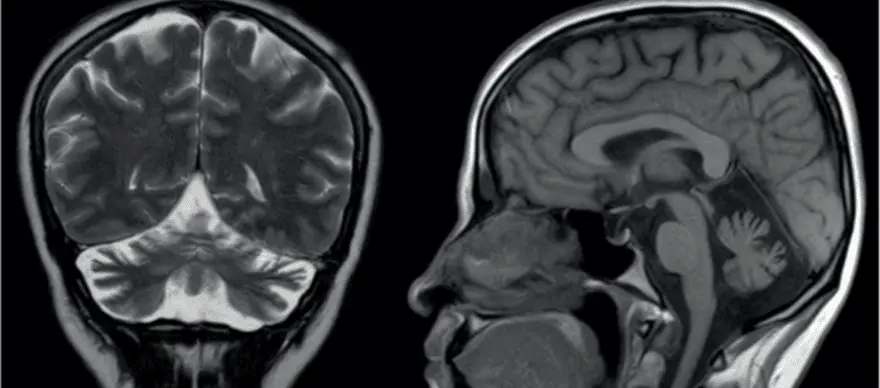



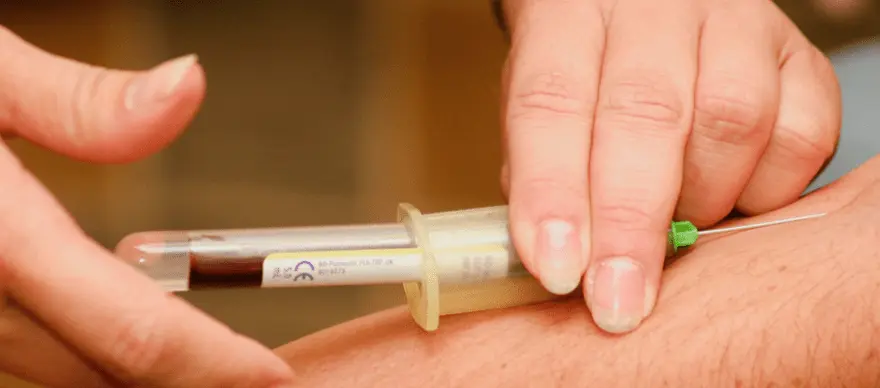



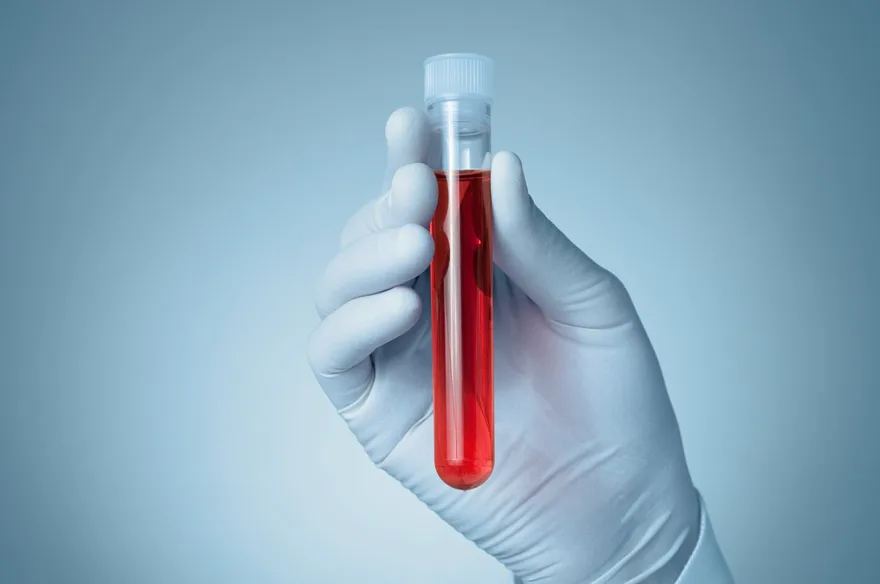


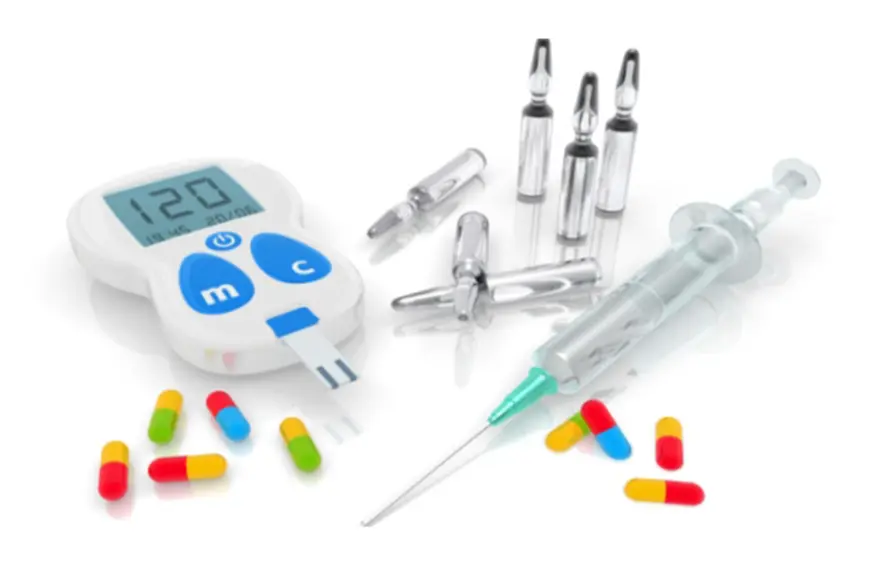



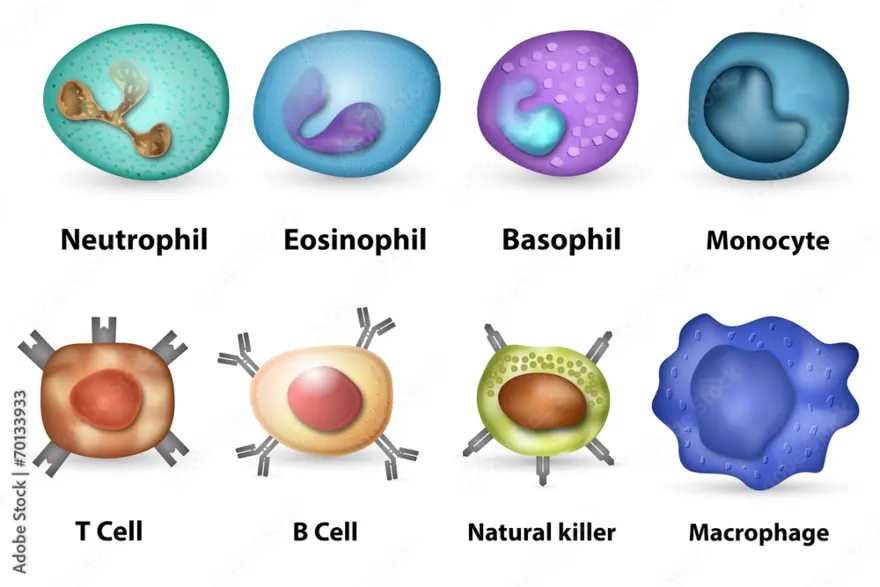
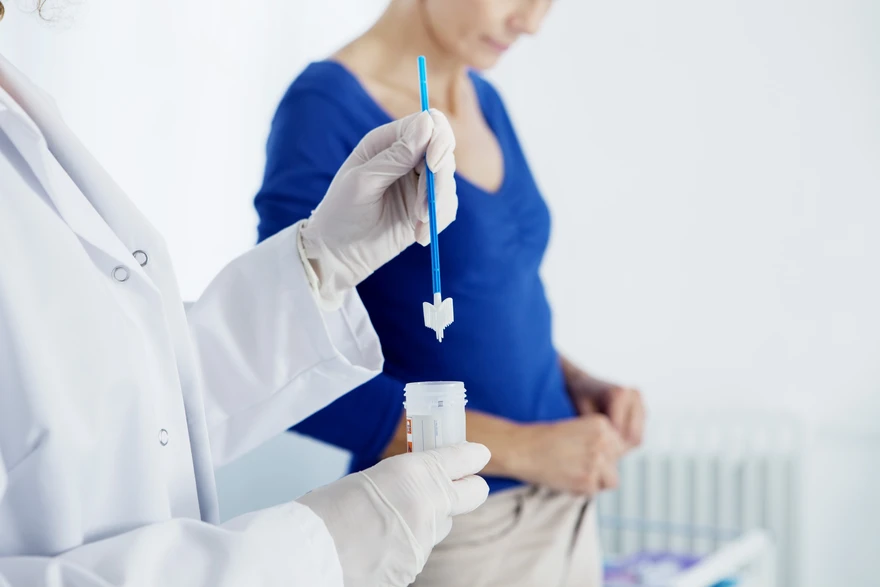

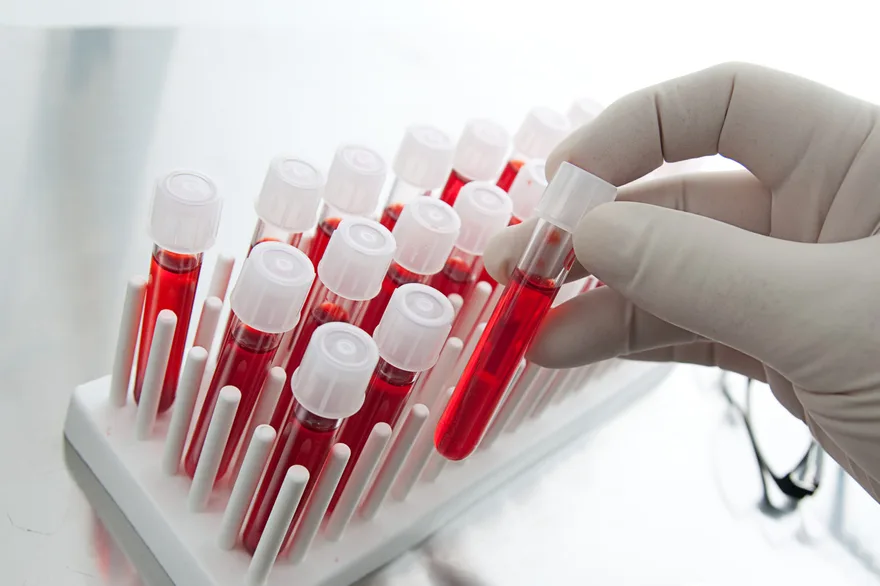
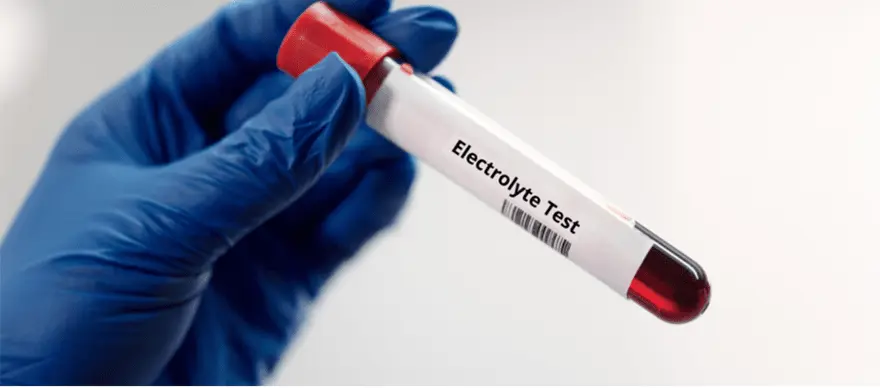







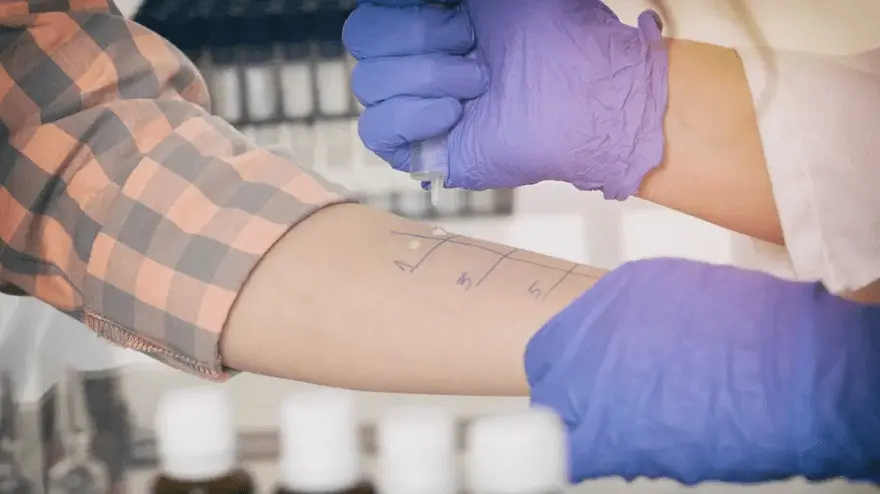




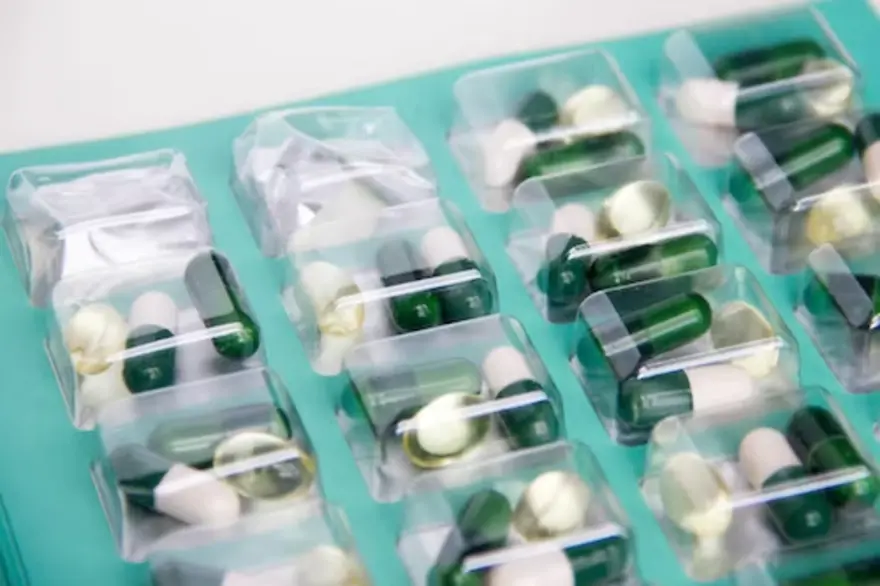






 WhatsApp
WhatsApp